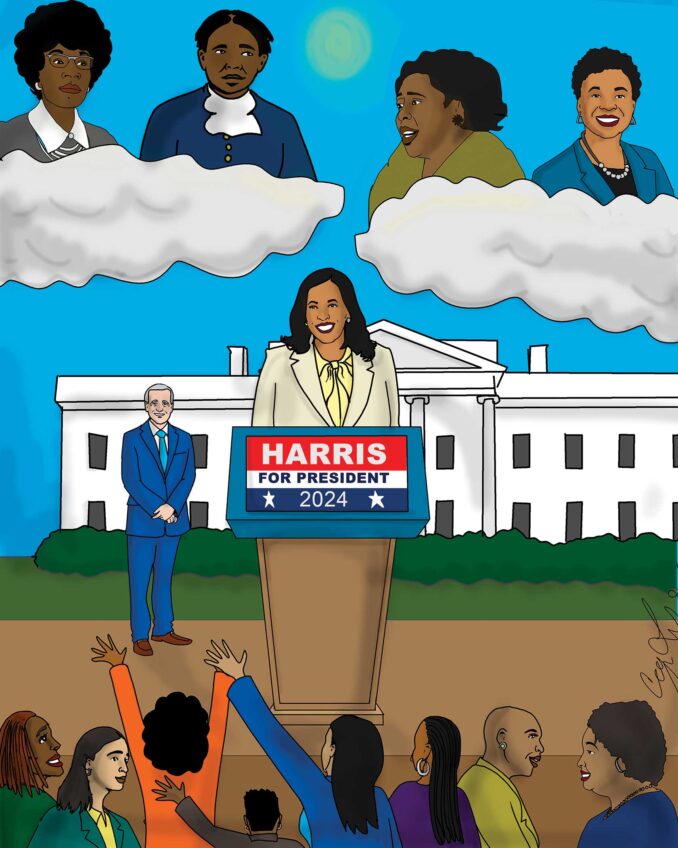
“Those who forget history are condemned to repeat it.” This classic aphorism was uttered by George Santayana (1863-1952), a wise philosopher and essayist who is also an alumnus of Boston Latin School. Fortunately, the HistoryMakers organization now reduces the risk expressed by Santayana. The organization’s July 30 report reminds Blacks that African American CEOs have only a 34-year history. Anyone interested in the subject should know that Roxbury’s Clifton R. Wharton Jr. led the way.
There is considerable interest these days to develop black business, but everyone knows it is a long distance from ambition to success. The ultimate victory in the business world is for a company to be selected as one of the Fortune 500 companies. Only 500 individuals can serve as the Fortune 500 CEOs in any year. It was not until 1987 that Wharton became one of this select group of business leaders and thereby broke the color barrier.
As CEO of TIAA, Wharton was able to double the firm’s assets, an achievement that certified his competence. In a HistoryMaker interview, Wharton was able to indicate how such decisions are made. He stated “… blacks on corporate boards have been quite effective in working to see … that blacks are not prevented from moving up.” Nonetheless, there have been only 21 Blacks to become CEO of a Fortune 500 company. And there has been only one company to have two or more Blacks as CEO, TIAA-CREF, with Clifton Wharton followed by Roger Ferguson.
Even as small companies will struggle to make payroll, young entrepreneurs will aspire to become the leaders of Fortune 500 companies. There is no escaping President Calvin Coolidge’s ideal — “The business of America is business.”






